The American Hellenic Council of California Celebrates its 40th Anniversary
by Cindy Klimek
This year marks the 40th anniversary of the American Hellenic Council of California. The organization was founded in 1974 as a Save Cyprus group after the Turks invaded the Mediterranean island nation. To honor and commemorate this event, the AHC has scheduled a series of masses, dinners, and galas spread out over 2014.
There was a memorial service at St. Sophia’s Cathedral in Los Angeles on July 20th, the actual date of the invasion. On September 21st the AHC hosted a book signing for Kissinger & Cyprus: A Study in Lawlessness author Gene Rossides in conjunction with the University of Southern California and its Hellenic Students Association. On November 9th, the AHC will host a remembrance dinner for both the invasion and the founding of the council itself. “It’s about honoring the founders of the AHC who, 40 years ago, right after the invasion, became so concerned that they got together and said, ‘we have to do something about this,’” says the AHC’s Executive Director Kathy Konst.
However, the biggest event of the year was the org’s annual awards gala, which took place at the Omni Hotel in Downtown Los Angeles. Every year, the AHC honors three individuals for their contribution to Hellenism and excellence in their respective fields.
This year’s Aristeio Award went to C. Dean Metropoulos, the Chairman and CEO of C. Dean Metropoulos & Company, an investment firm which has helped out businesses such as Pabst Brewing, Chef Boyardee, and Hostess Brands. Metropoulos, who moved to the United States from Greece at the age of 10, launched his company in 1993. Since then, he has been involved in over 78 acquisitions with almost $50 billion in invested capital. He sits at #318 on the prestigious Forbes 400 list. The Aristeio Award almost always goes to business magnates. Past winners include Gianna Angelopoulos-Daskalaki, president of the 2004 Athens Organizing Committee for the Athens Olympics (2013) and Andrew N. Liveris, Chairman and CEO of The Dow Chemical Co. (2012)
Congressman John Sarbanes received the Pericles Award. Sarbanes is a Democratic U.S. Representative for Maryland’s 3rd congressional district, which includes the state’s capital. He has held the office since 2007. Sarbanes, a Baltimore native, is also a member of the Committee on Energy and Commerce within the House of Representatives, as well as the Subcommittee on Health and the Subcommittee on Commerce, Manufacturing, and Trade. This award, named after a famed Greek orator and statesman, always goes to a nationally elected official. Congressman Gus M. Bilirakis (2013) and Rep. Shelley Berkley (2012) are some former recipients.
The third and final award of the night, the Theodore Saloutos Award, went to Maria Pantelia. The Athens native and current Californian resident is the Director of the Thesaurus Linguae Graecae, or TLG, at the University of California, Irvine. The TLG is a special research project that collects and produces digital copies of literary texts written in Greek. According to its website, the TLG’s purpose is to “create a comprehensive digital library of Greek literature from antiquity to the present era.” Since its inception in 1972, the TLG has digitized more than 12,000 works by 4000 authors. Pantelia has held this position at the college, along with Professor of Classics, since 1996. She has also served as chair of the Classics Department for three terms. The Saloutos Award is a fitting accolade for Professor Pantelia. Its namesake, Theodore Saloutos, was also an educator, as well as a founding member of the AHC. Former winners include San Francisco State University’s Professor Thanasis Maskaleris (2013) and UC San Diego’s Professor George Anagnostopoulos (2011)
Dr. Menas Kafatos, the AHC’s Chairman of the Board, says that the 40th anniversary is a bittersweet milestone. On the one hand, the organization has lasted the test of time. On the other, the conflict that brought it together – the invasion of Cyprus – remains unresolved. “We are still concerned that nothing has happened in terms of the pull back of the Turkish forces. No agreement in terms of the refugees. The conflict is still there. In some ways it has gotten even more complicated,” he says. “But we’re never going to forget or give up.” Adds Konst, “I think people on Cyprus want to see [reunification]. If you were to go to Cyprus you see this line of demarcation. It’s literally not a drawn line, but you can tell that there’s a line because on one side of the line you have a vibrant city and on the other side of the line you have a bombed out shell of a city. It shows, markedly, a difference between the north and south.”
Aside from the organization’s main cause, the reunification of Cyprus, the AHC is also working on two other items of action. The first, the Turkey Christian Churches Accountability Act (H.R. 4347), requires the Secretary of State to report annually to Congress through 2021 regarding “efforts to survey and secure the return, protection, and restoration of stolen, confiscated, or otherwise, unreturned Christian properties in the Republic of Turkey and in those areas currently occupied by the Turkish military in northern Cyprus.”
The next, H.R. 188, calls upon the government of Turkey “ to facilitate the reopening of the Ecumenical Patriarchate’s Theological School of Halki without condition or further delay.” Says Konst, “if that school is closed – and it has been closed – the priests that used to study there are no longer able to. We no longer have priests coming out of there to be able to come into our churches in the United States, or Australia, or anywhere else you’ve got a Greek population. That affects our religious freedom. The closing of that house of our Christian faith affects Greeks around the world. That is an absolute direct hit on our religious freedom.”
Konst admits she doesn’t know how successful the council’s lobbying efforts will be, but says what’s most important right now is keeping people aware of the issues and discussing the issues. Besides this, another main goal of the AHC is to attract more young people to the organization. “We recognize that there’s a niche that needs to be filled when it comes to opportunities for our young people, whether they’re students that come here from Greece or Cyprus, or they’re children of Greek-Americans. We want to give them mentorship opportunities, networking opportunities, immersion into some of the cultural things that we offer,” Konst says.
To this end, the AHC’s Young Professionals group has been active in trying to get the younger Hellenic population involved. They host mixers and events with the local colleges, schedule a speaker series with accomplished professionals of Greek descent, and are looking for mentorship, internship, and even scholarship opportunities for prospective young members. “As Chairman of the Board, that’s actually one of the main goals I have – to attract younger Greek-Americans and also anyone who believes that the Hellenic values are important,” says Dr. Kafatos. “I’m very happy that they are becoming quite active and involved in the efforts of the AHC.”
Indeed, the mission of the AHC seems to be to blend the old and the new. To remember and to honor its founding members, while also cultivating the education and success of the young members who will shape its future. Says Konst, “We have so many people, even on our board, and active members who have been around since 1974. They’re still here. You can hear the passion in their voices when they talk about what brought them together and why it is so important that we maintain a strong political advocacy group. The people that are still around from those times feel a sense of bittersweet irony to the fact that we are still here 40 years later. I think that they would have loved for the organization to have done what it needed to do and go away. Now we ask ourselves, do we just shut our doors and close? No. We’ve found an additional focus because we realized that there is a need to keep younger people and people who are new to the cause aware of what’s going on so that it doesn’t slip away and we forget.”

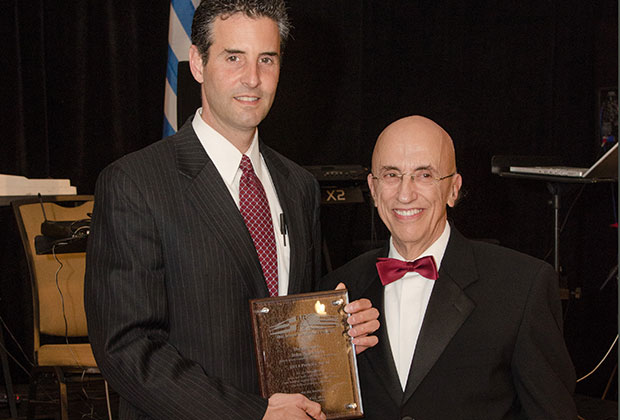
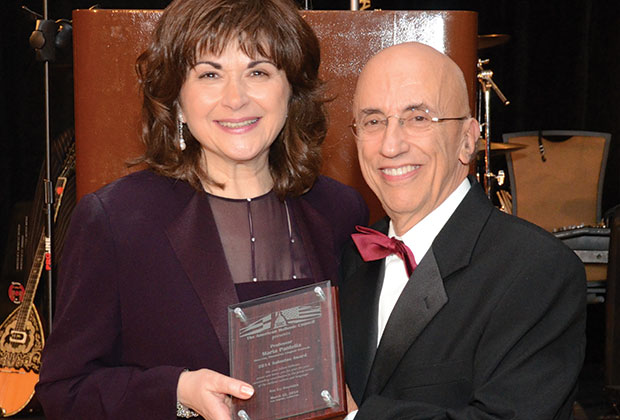

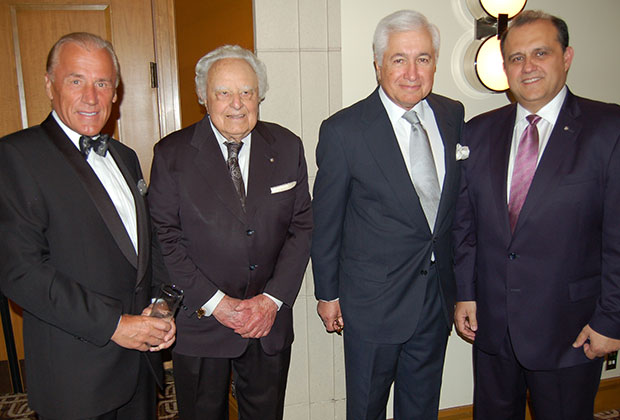

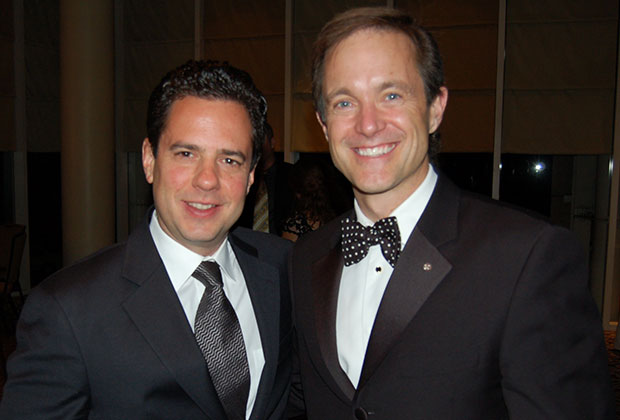
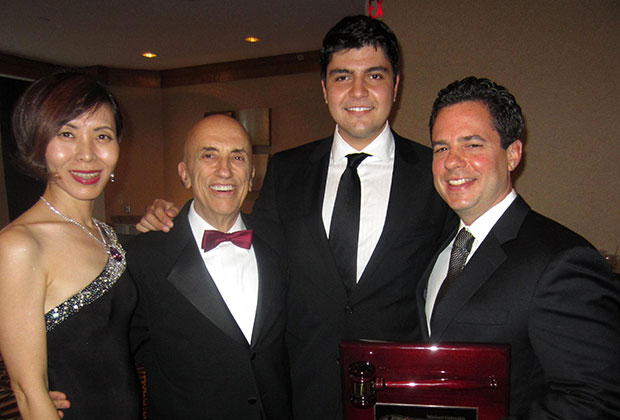
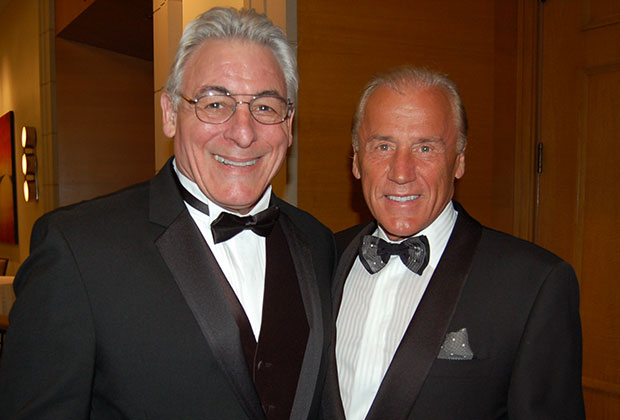

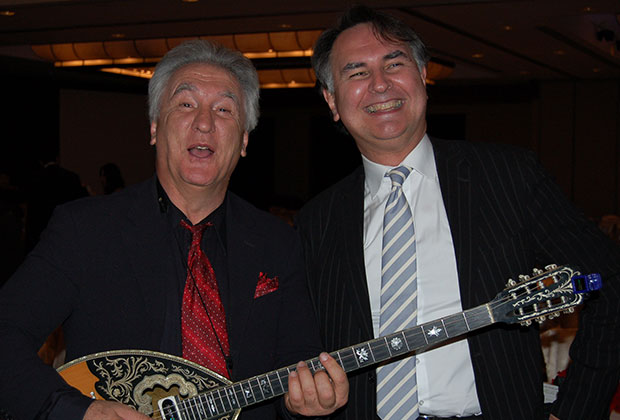
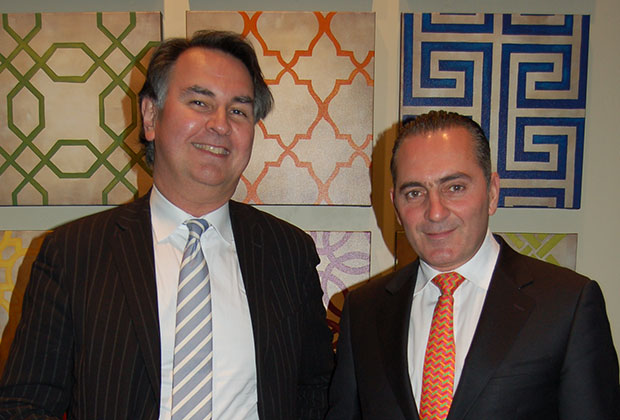

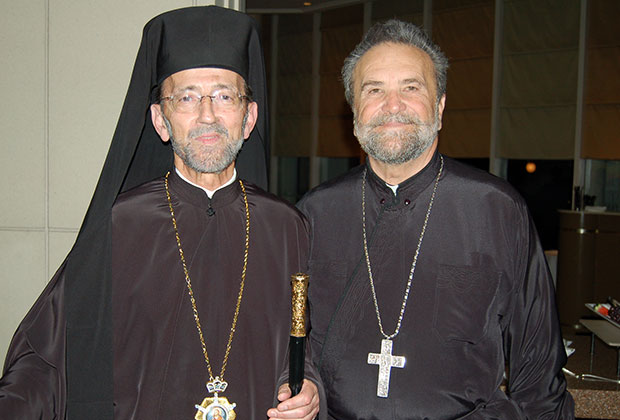
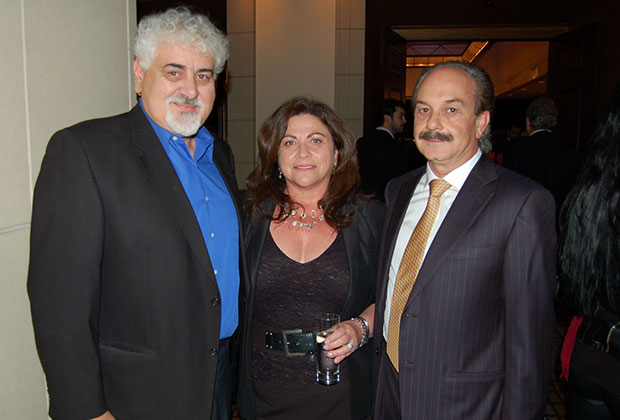
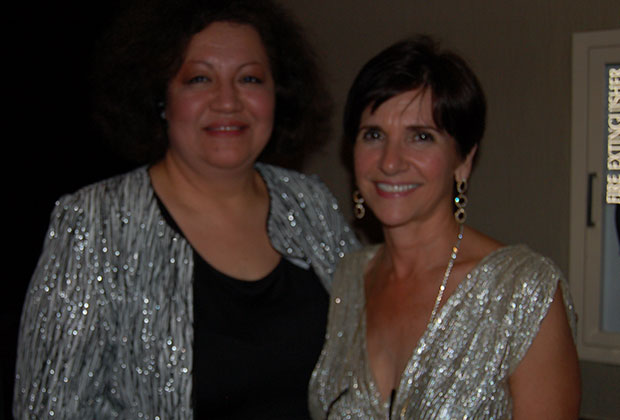
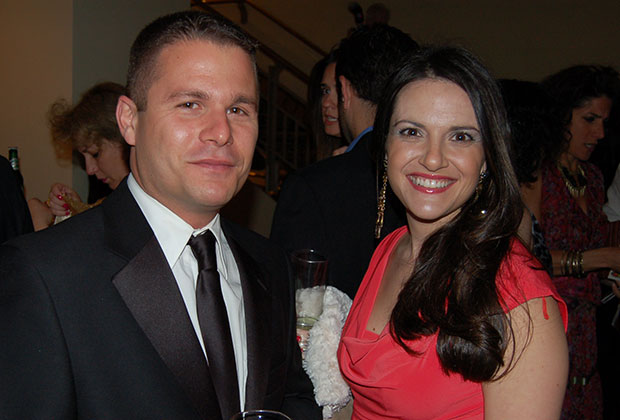
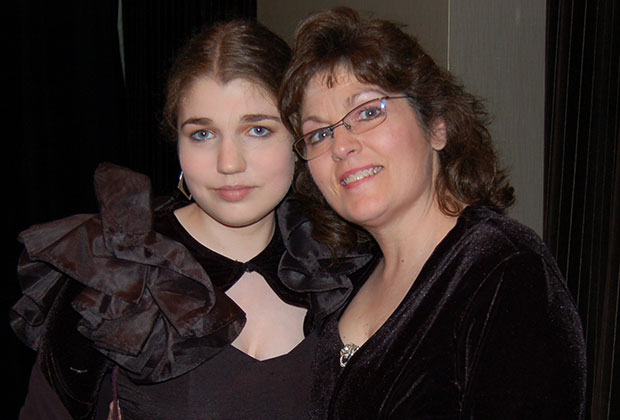
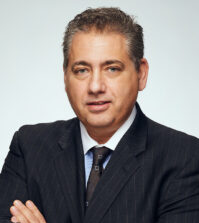
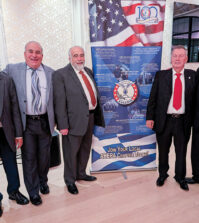












0 comments